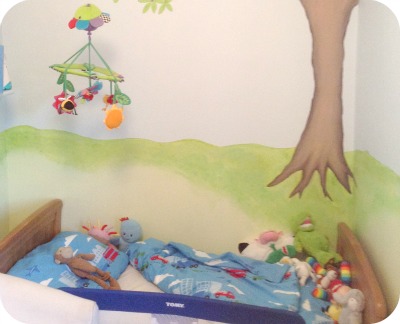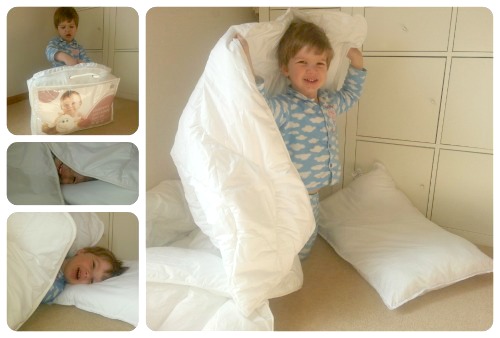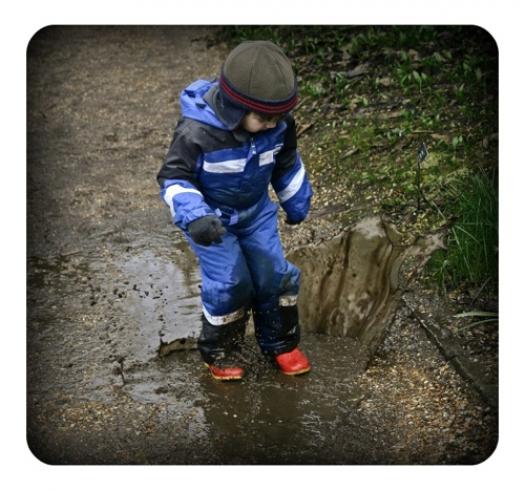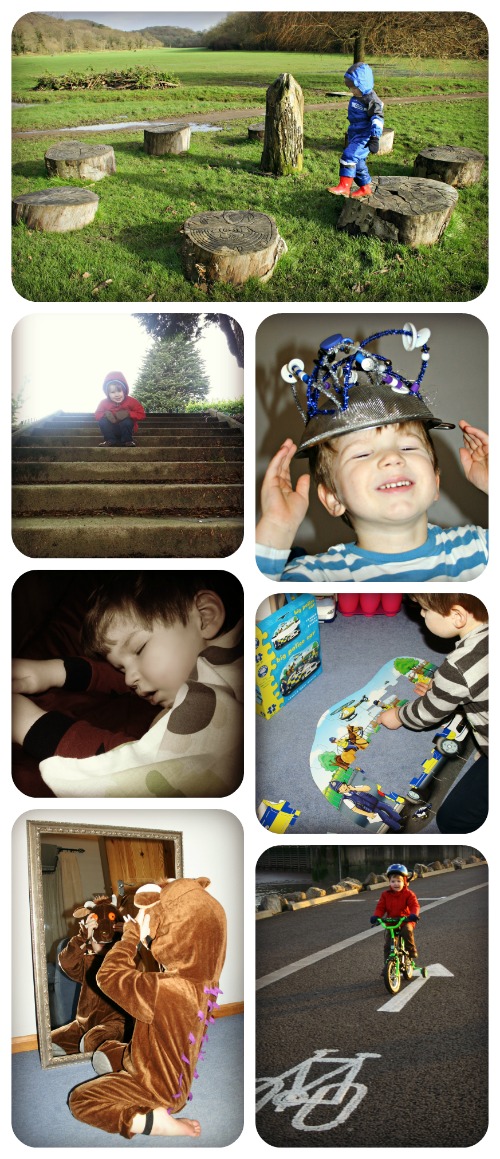Is your Baby Not Sleeping? Here are five practical tips for a good night's sleep.
How your baby sleeps through the night is something of a lottery. While some babies quickly slip into a routine, others can struggle to adjust to the cycle of night and day. Most babies wake up at least once through the night for a feed, and they will gradually develop their own pattern of sleeping. There is no right or wrong approach to getting your baby to sleep every night, but there are a few methods you can use to help things along a little.
Get Your Baby Used to Day and Night Quickly
It is usually a good idea to get your baby into a day and night routine from the outset. Creating a relaxing environment at night will foster an environment conducive to sleep, and you can do this by keeping the lights low, changing the tone of your voice, removing any distractions and putting your baby down as soon as she has been changed and fed. It is also a good idea to choose a bedtime that suits your routine – and stick to it.
Choose the Right Place for Sleep
The NHS recommends that your baby should sleep in the same room as you for the first six months of her life. The room your baby sleeps in should be quiet and well ventilated, so consider switching rooms to give your baby the best sleeping environment possible. Try putting your baby down to sleep in a basket or cot (whatever works best for you both) just before she nods off, as this will get her used to falling asleep on her own. A lot of newborns will fall asleep in the arms of their parent during the last feed of the day, and there is nothing wrong with this at first. However, you probably don't want your baby to rely on this personal contact in the long run.
Establish a Bedtime Routine
Babies usually respond well to a flexible routine of feeding and sleeping, and the sooner you can start one, the sooner your baby's body clock will sync with day and night. Exactly what your routine looks like is something you will have to discover yourself, but it can include a bath, a fresh set of clothes, a last feed and maybe some soothing words from you or your partner. It is also a good idea to reduce stimuli to a minimum during the two or three hours before your baby's bedtime. You will need to ensure that the ambient temperature is just right, as babies are very sensitive to both hot and cold rooms – something that increases the chances of them waking unnecessarily through the night.
It is only natural to be wary of even the slightest murmur from your newborn baby during the night, but wherever possible, you should try to resist the temptation to check on her. In many cases, she will simply move around and go straight back to sleep. However, if she starts to cry, there is no escaping the fact that she probably needs feeding. Night feeds should be extremely quiet, no-nonsense affairs. Resist the urge to talk to your baby, and feed her with the minimum of fuss before burping her and putting her straight back down. However, first check that she doesn't need changing, as a soiled nappy could prevent her from settling straight away. It may be worth investing in some low-level lighting for night feeds, as it will help to keep your baby sleepy and relaxed.
Dealing with disturbed sleep can be tough during the first few weeks of parenthood, so try to share the burden with your partner, close friends and family. In some cases, relatively simple changes to your routine can work wonders – something you can ask a private midwife about at the local children's hospital. Remember, broken sleep is an inevitable part of parenthood, but there are ways to make things easier on both you and your baby.
This is a guest post.














